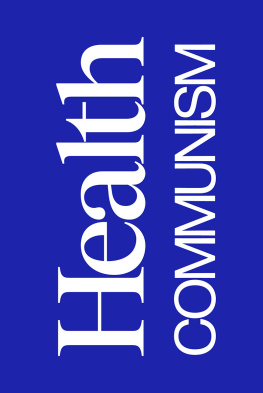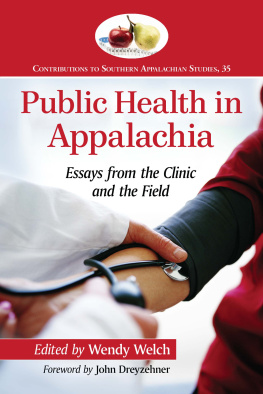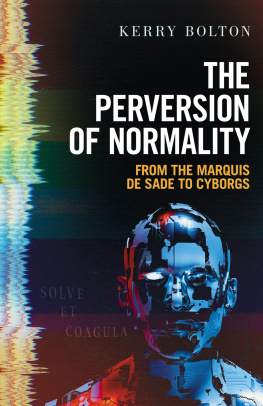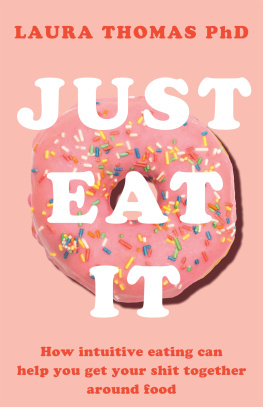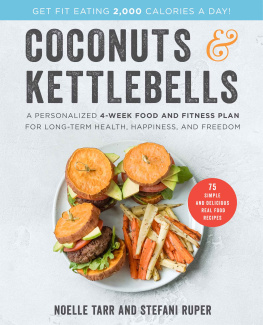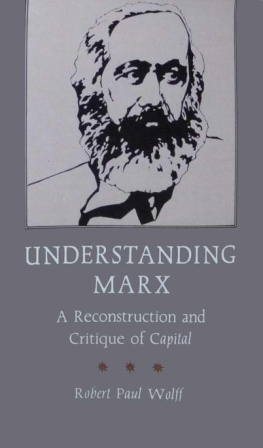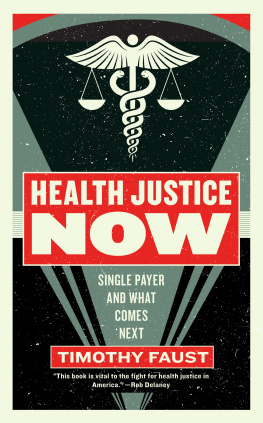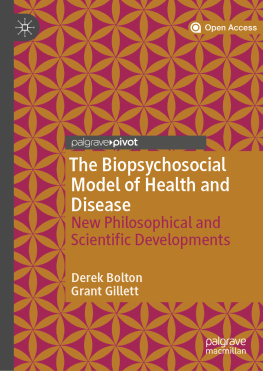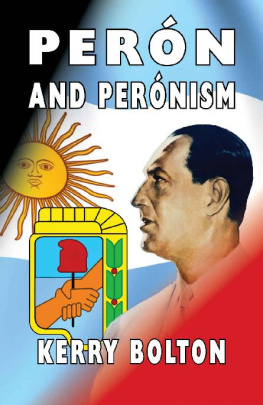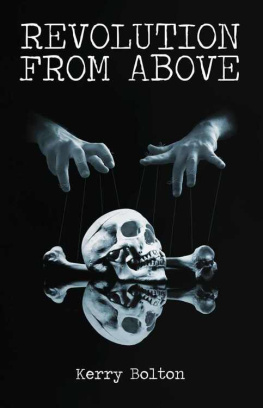Contents

Praise for Health Communism
This book changed the way I think about health, power, state capacity, extraction, social welfare, and resistance. It is an immensely useful tool for wrestling with the most urgent questions facing our movements in these terrifying times. Readable and filled with concise histories and clear examples to illustrate nuanced analysis, it will no doubt become required reading among those struggling against the death cult that is racial capitalism.
Dean Spade, author of Mutual Aid
Beatrice Adler-Bolton and Artie Vierkant bring us a galvanizing proposition: Unlike the rest of us, capital is not alive; it merely animates itself through our host bodies. This book shares the impressive truth that we are all surplus in the political economy of health, whether we are presently healthy or sick. Adler-Bolton and Vierkant teach that our shared condition of vulnerability is ever ready to transform into our collective strength.
Jules Gill-Peterson, author of Histories of the Transgender Child
Health Communism makes a direct assault on the idea that health can survive under capitalism, where the sick are simply disposable, while the system makes a killing along the way. No one talks like Adler-Bolton and Vierkant dothose in public health and medicine are too deeply embedded in the status quo to even acknowledge the searing logic of their words. They stake out the far edge of what is possible and remind us that only the journey towards that horizon will make us free.
Gregg Gonsalves, Yale School of Public Health and Yale Law School
I cant remember the last time I learned so much in under 200 pages. Everyone new to disability liberation should read this text. Here is deep wisdom to arm a struggle towards forms of human embodiment as yet undreamed of; inspiration for a million insurgencies of communist health.
Sophie Lewis, author of Abolish the Family
I could not help but cheer as I read Health Communism. The most analytically sharp analysis of the relations between capitalism and disability since the pioneering work of Marta Russell, this powerfully explicative work is a rousing manifesto for the sick and becoming-surplus to unite.
Jasbir Puar, author of The Right to Maim
Health Communism
Beatrice Adler-Bolton
and Artie Vierkant

First published by Verso 2022
Beatrice Adler-Bolton and Artie Vierkant 2022
All rights reserved
The moral rights of the editor and authors have been asserted
1 3 5 7 9 10 8 6 4 2
Verso
UK: 6 Meard Street, London W1F 0EG
US: 388 Atlantic Avenue, Brooklyn, NY 11217
versobooks.com
Verso is the imprint of New Left Books
ISBN-13: 978-1-83976-516-2
ISBN-13: 978-1-83976-518-6 (UK EBK)
ISBN-13: 978-1-83976-519-3 (US EBK)
British Library Cataloguing in Publication Data
A catalogue record for this book is available from the British Library
Library of Congress Cataloging-in-Publication Data
A catalog record for this book is available from the Library of Congress
Typeset in Sabon LT by Hewer Text UK Ltd, Edinburgh
Printed and bound by CPI Group (UK) Ltd, Croydon CR0 4YY
For SPK
Contents
Illnessyou point outis the only possible form of life in capitalism. In fact, the psychiatrist, who is wage dependent, is a sick person like each of us. The ruling classes merely give him the power to cure or to hospitalize. Curethis is self-evidentcant be understood in our system to mean the elimination of illness: it serves exclusively as the maintenance of the ability to go to work where one stays sick.
Sozialistisches Patientenkollektiv (SPK)
Health is capitalisms vulnerability. There is no capital without healthit is capitals host. And capitalisms greatest trick is convincing us that it exists independent of this parasitic grasp. That it is indifferent.
Health has no fixed meaning. It is fluid. Under capitalism health has been defined to embody many meanings at once: from the hyper-individualistic, biological health any one person possessesalways a possession, not an ontologyto global society-level constructs which attempt to give language to chances for survival at the population level. Health is a vulgar phenomenon. A race-and-class-stratified matrix of constantly intersecting regimes of artificial scarcity. A destination, something one must always orient ones life toward. Healthy physically, socially, economically, and metaphysically. More than a thing, and so often difficult or impossible to describe, health becomes defined by the things it is not. Non-cancerous, dis-abledas though the purest state of health is to simply not exist.
Health under capitalism is an impossibility. Under capitalism, to attain health you must work, you must be productive and normative, and only then are you entitled to the health you can buy. This fantasy of individual health under the political-economic conditions of capitalism only ever exists as a state one cannot be, to which one must always strive.
The Sozialistisches Patientenkollektiv (Socialist Patients Collective, or SPK) called this cultural imaginary of health a biological, fascist fantasy because it obscures the true and violent architecture of economic systems of extraction underneath the shadow of a capitalist-realist depiction of the perfect worker. The biological, fascist fantasy of health is not unique to capitalism, but instead one of the keystones of a vast network of institutions whose function is the concealment of the social conditions and social functions of illness. For this reason SPK felt that no version of health could be reassimilated toward an anti-capitalist, pro-illness framework. While we are indebted to SPKs work, we disagree. We propose our own lens, by which health is reclaimed not just for workers but also for those marked as surplus, for all people: health communism.
Capital has been allowed to define the meanings, terms, and consequences of health for long enough. In these pages we propose a radical reevaluation of our political economy that seeks to undo capitalisms definitions of health by laying bare the violent and eugenic assumptions at its foundations. We articulate how health is wielded by capital to cleave apart populations, separating the deserving from the undeserving, the redeemable from the irredeemable, those who would consider themselves workers from the vast, spoiled surplus classes. We assert that only through shattering these deeply sociologically ingrained binaries is the abolition of capitalism possible. The contours of capitalism have formed around health, to the point that they have come to appear inextricable from each other. Health Communism aims to sever these bonds. As we will discuss, to do so is not only to remove one of capitals principal tools, but also to separate capital from its host.
Health Communism also attempts to give shape to a broader political philosophy that can guide left movements demanding universal care structures, a dramatic expansion of social welfare supports, or socialized medicine. Centuries have elapsed in the fight for and against socialized medicine. And yet the arguments and tactics of either side have rarely changed: an invective against an American national health insurance reform in the twenty-first century sounds much like its predecessors from the late nineteenth century. In this same period, however, significant developments have transpired in the relationship between health and capital, and it is crucial that our movements can recognize and target them.

